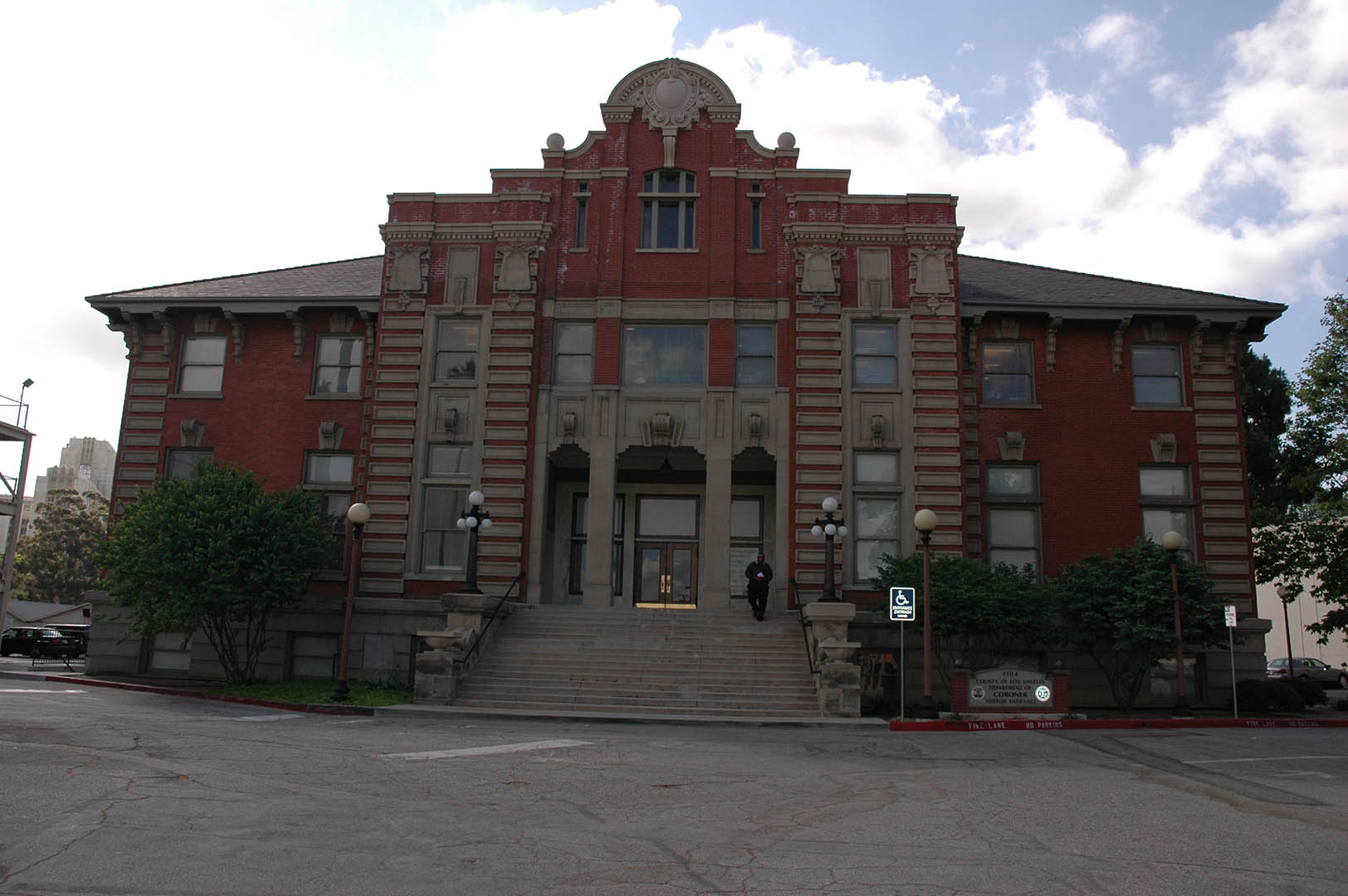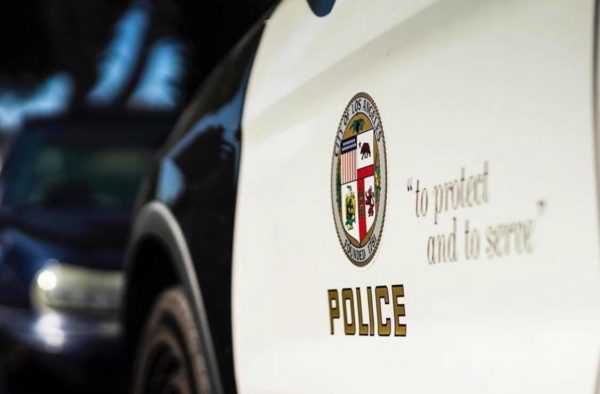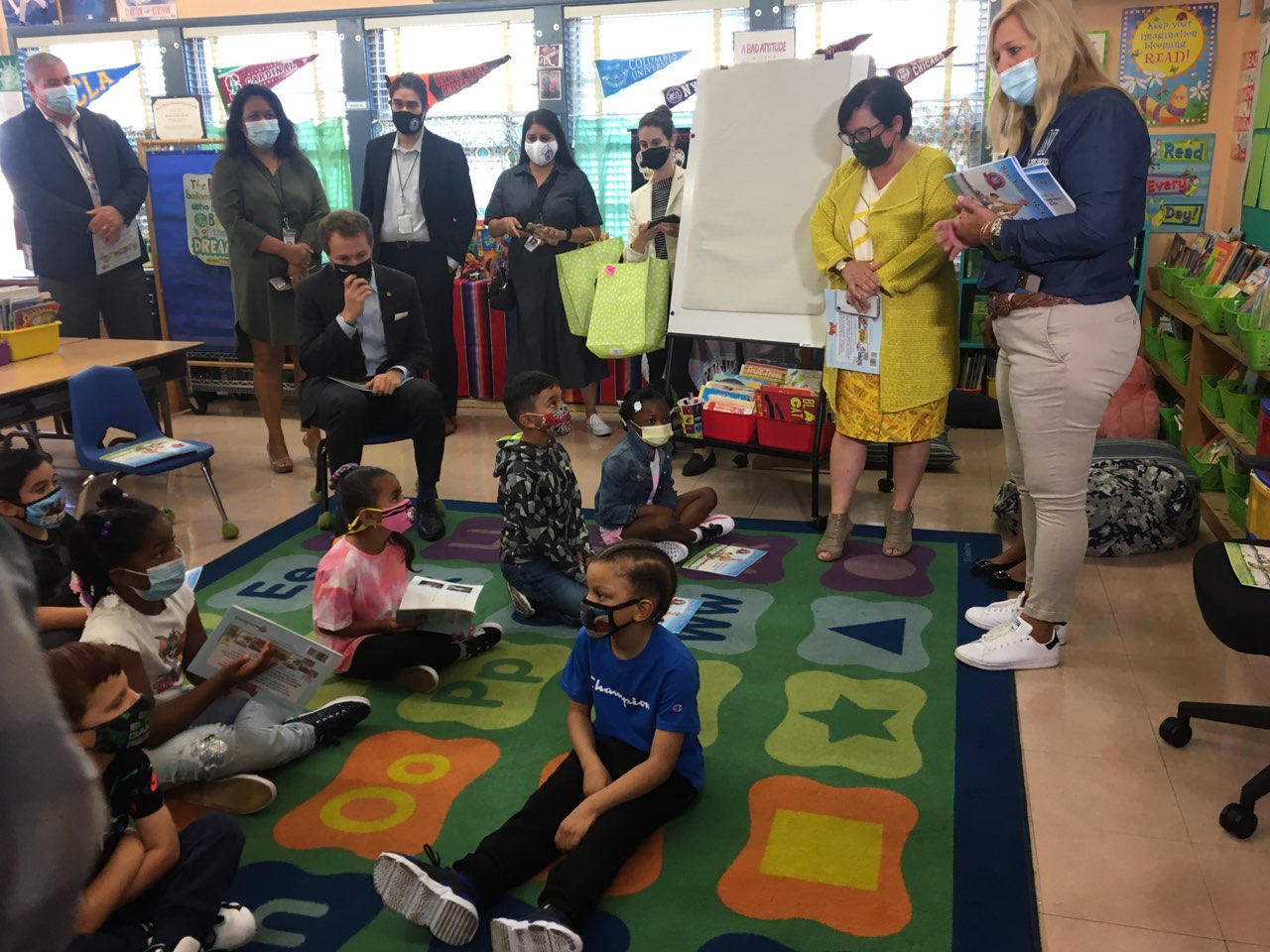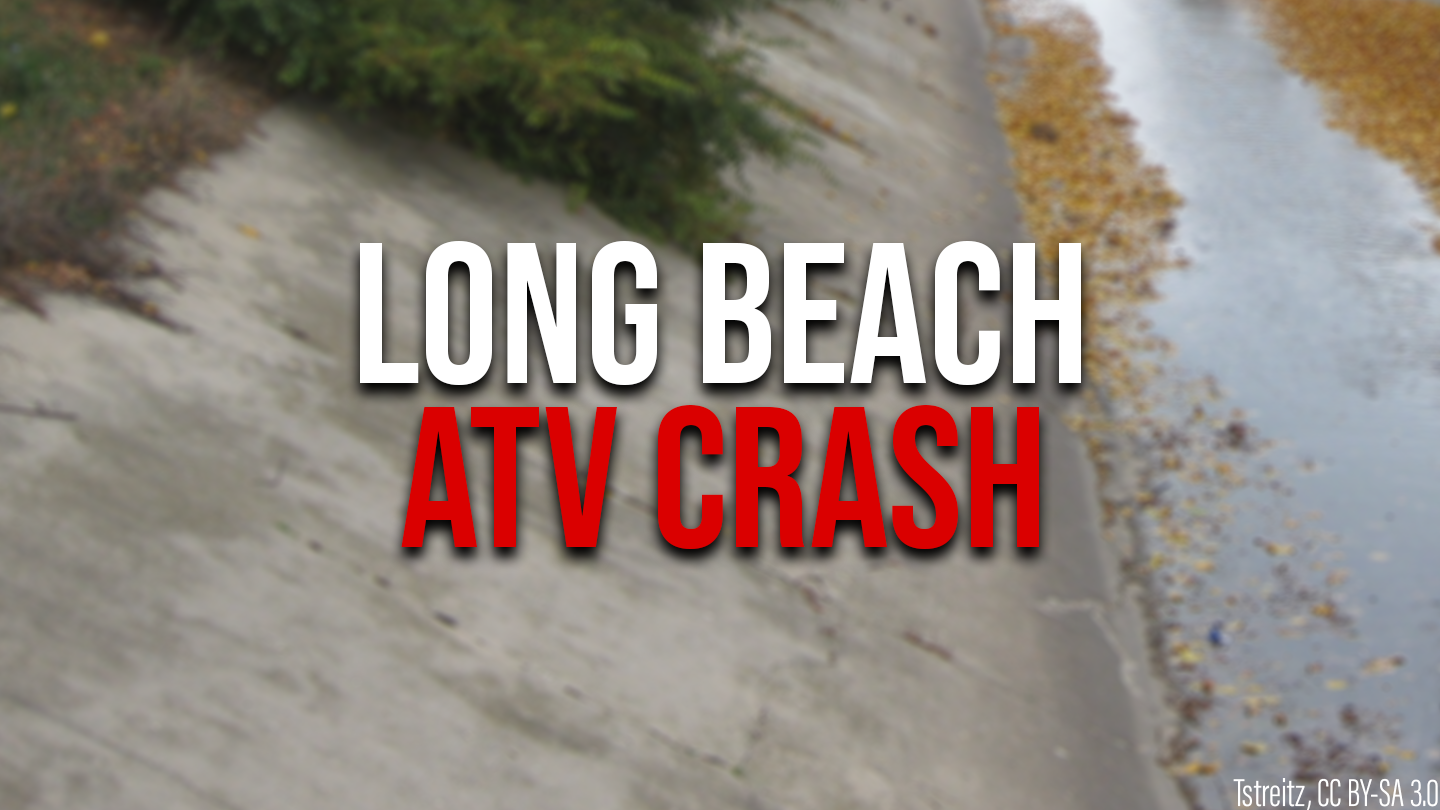Los Angeles County’s latest COVID-19 numbers show 3,356 new cases and eight additional deaths, though officials said the data may reflect delays in weekend reporting.
According to state figures released Sunday, the county also saw a slight increase in the number of people hospitalized with the coronavirus, but a decrease in the number of those patients in intensive care units.
There were 1,653 patients in the county with COVID-19 as of Sunday, up from 1,650 the day before. Of those patients, 377 were in intensive care, a drop from the 400 reported Friday.
Sunday’s numbers brought the county’s totals to 1,350,370 cases and 24,900 fatalities since the pandemic began.
L.A. County reported 4,229 new cases of COVID-19 and 21 additional deaths on Saturday.
Cases have been reported at an average rate of more than 3,000 cases a day for about the past week, and a rise in case numbers can be expected in the coming weeks with increased testing, according to the Los Angeles County Department of Public Health.
Saturday’s daily test positivity rate was 3.96%, down 25% when compared to the 4.8% positivity rate one week ago. Officials said this likely reflects the increased number of people completing routine screening tests.
County figures show that the vast majority of people hospitalized with COVID are not vaccinated. During the month of July, vaccinated residents represented just 13% of people hospitalized with the virus.
The health department said infection rates show that unvaccinated people are almost four times more likely to get infected with COVID-19; the case rate for unvaccinated individuals is 243 cases per 100,000 people, while the case rate for fully vaccinated people is 66 cases per 100,000 people. Vaccinated people are about 14 times less likely to be hospitalized than their unvaccinated or partially vaccinated counterparts.
“During this time of high transmission of a very infectious variant, I want to caution everyone to take precautions, even vaccinated people,” county Public Health Director Barbara Ferrer said.
“While there is clear evidence that risks are significantly reduced for vaccinated individuals, common-sense precautions are warranted by everyone at this time, in part because fully vaccinated people infected with the Delta variant can transmit the virus to other people.
“Fully vaccinated people are encouraged to use caution in crowded and indoor settings, especially around unvaccinated people outside of their household. Remember that distancing and masking add layers of protection. Fully vaccinated people are also encouraged to take extra precautions among people outside their household and assess how much risk there may be at events or activities they’re are planning to attend.
“Any fully vaccinated person that has symptoms of illness and/or a known or probable exposure should get tested, and while waiting for the results from testing, remain isolated from others.”
With the newly provided blessing of the federal government, L.A. County health officials began offering third doses of Pfizer and Moderna COVID- 19 vaccines Saturday for people with severely compromised immune systems.
Among those qualifying for the booster shots are organ transplant recipients, people undergoing cancer treatment, HIV patients and people on select “immunosuppressive medications.”
The health department urged people to consult their doctors to confirm their eligibility for the third shot, which should be administered at least 28 days following the second dose.
The third doses are being offered at vaccination sites in the county offering the Pfizer and Moderna shots. People looking for the shots will be able to simply “self-attest” that they have a qualifying medical condition.
“Studies have shown immunocompromised people are more likely to have post vaccination infection and become severely ill from COVID-19,” Ferrer said. “An additional vaccine dose for some people with weakened immune systems could help prevent serious illness and death.
“If you have a qualifying condition, we encourage you to speak to your health care provider about getting a third dose,” she added. “We also encourage those who are close contacts of immunocompromised people to get vaccinated as soon as possible in order to protect their family members and friends who are at higher risk.”
The booster shots received final approval last week from the U.S. Food and Drug Administration and the Centers for Disease Control and Prevention.







